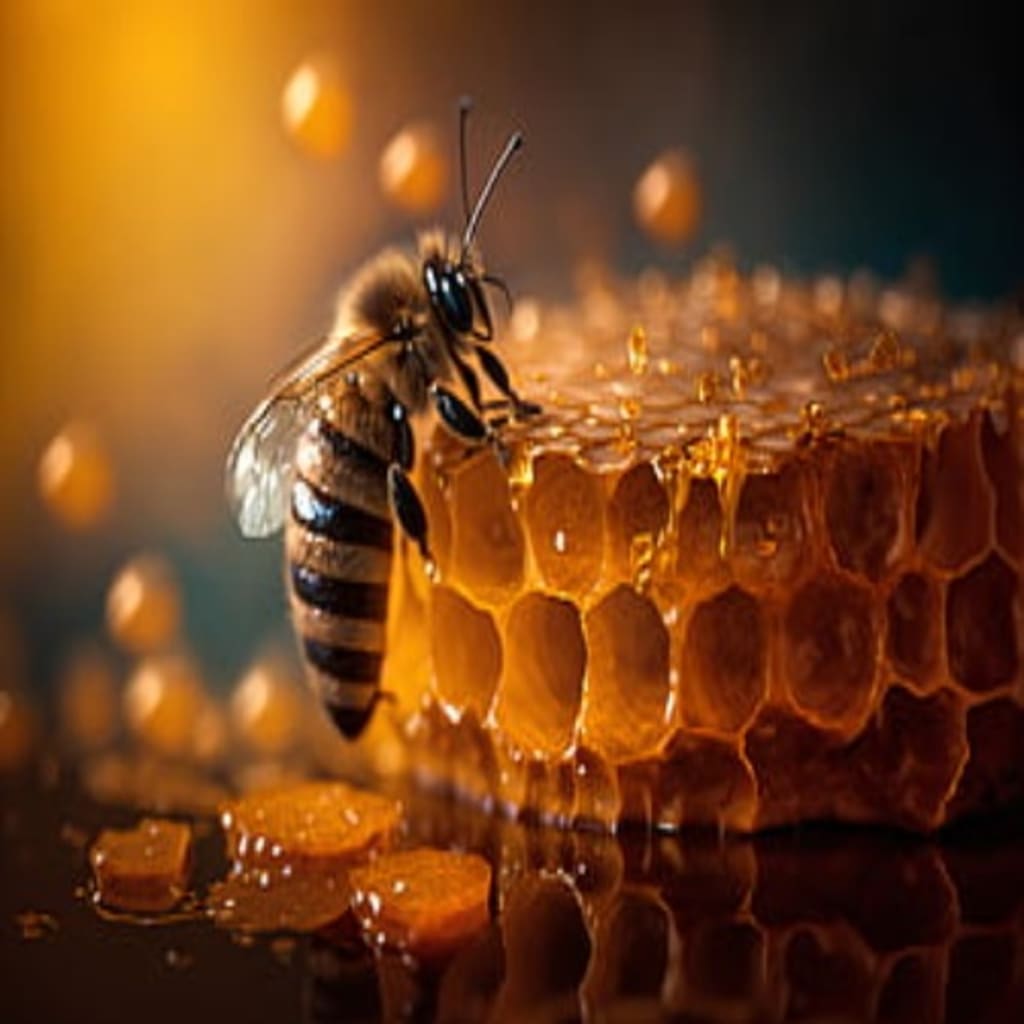
Unveiling the Crucial Role of Microbes in Bee Health and Ecosystem Stability
Bees, though perhaps not the most favored dining companions during outdoor meals, hold an indispensable position within our ecosystem. Serving as prolific natural pollinators, they play a pivotal role in modern agriculture, impacting the food we consume on a daily basis. However, the very existence of these crucial pollinators is under serious threat. In the upcoming documentary, "Symbiosis," scientists delve into a groundbreaking discovery that could potentially alter our understanding of bees and their ecosystems forever, shedding light on a microscopic world previously unknown to us.
For over 100 million years, bees have been tirelessly buzzing around, facilitating the reproduction of plants—a vital process for both their survival and ours. The mutual relationship between bees and plants, wherein bees collect pollen to feed their young, seemed straightforward. However, recent research has uncovered a hidden player in this symbiotic dance: microbes. These microscopic organisms, found within the intricate ecosystem of bee brood cells, are now revealed to have a significant impact on the lives of these essential pollinators.
The revelation of microbes' role in bee health poses new questions about the future of wild bee populations, especially in a world shaped by human activity. Researchers have long sought to understand the decline in native bee populations across the globe, and their investigations have led them to unexpected connections, particularly concerning the use of fungicides in agriculture.
While fungicides were initially believed to be harmless to bees, researchers discovered a critical link between these chemicals and bee health. Through meticulous studies of bee larvae and their microbial communities, scientists found that fungicides not only disrupt the delicate balance of these ecosystems but also adversely affect the development of bee larvae. By altering the microbial composition within bee brood cells, fungicides deprive developing larvae of essential nutrients, leading to decreased survival rates and compromised health.
The implications of these findings extend beyond the laboratory, highlighting the urgent need for sustainable agricultural practices that prioritize both crop protection and bee conservation. While fungicides are crucial for safeguarding plant health, their indiscriminate use poses a significant threat to bee populations and, consequently, food security. By identifying less harmful fungicides and adjusting application methods to minimize exposure to bees, researchers aim to strike a balance between agricultural productivity and environmental stewardship.
Moreover, the research underscores the interconnectedness of all life forms within our ecosystem. Microbes, though often overlooked, play a fundamental role in shaping our environment and sustaining life as we know it. By unraveling the intricate relationships between bees, plants, and microbes, scientists strive to safeguard the delicate balance of our natural world and ensure the continued prosperity of both human and bee populations.
In the quest to protect native bees and their vital role in pollination, the preservation of microbial communities emerges as a crucial consideration. As we deepen our understanding of these complex interactions, we gain valuable insights into the intricate web of life that sustains us all. Through collaborative efforts between scientists, policymakers, and agricultural stakeholders, we can pave the way for a future where bees thrive, ecosystems flourish, and humanity coexists harmoniously with nature.





Comments (1)
This the best article i have ever seen in my life🤍congratulations neve